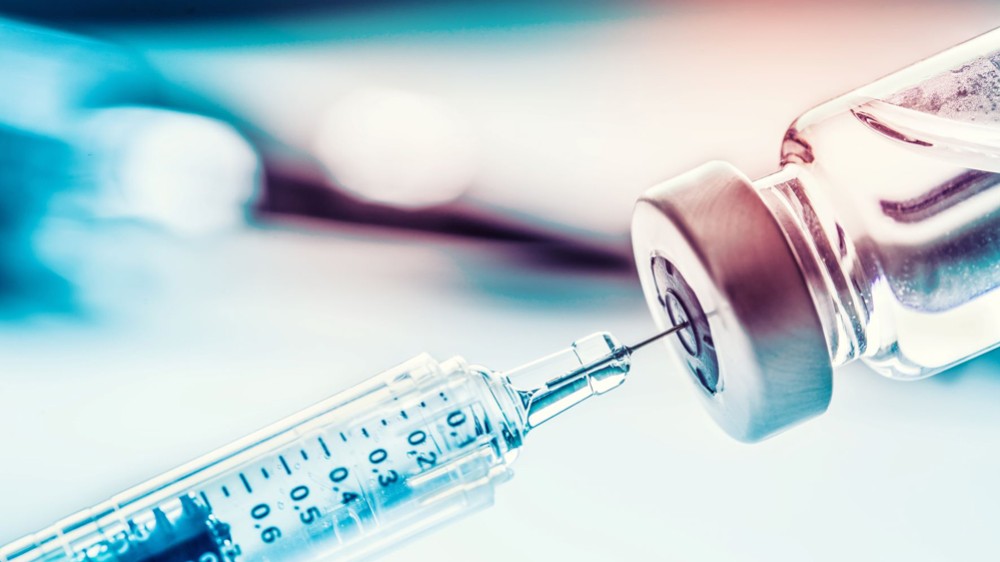£500k follow on funding received to support 3Rs approaches in biologicals testing

We have received funding from the Bill & Melinda Gates Foundation to support the adoption of 3Rs approaches in biologics batch release testing.
With previous Bill & Melinda Gates Foundation funding we have reviewed the animal testing requirements in World Health Organisation (WHO) guidelines for the quality control and batch release testing of vaccines and biological therapeutics. We have recently published the output of this project and our recommendations to the WHO for the wider integration of the 3Rs within their guidelines. These documents are used by most global regulatory authorities to inform their biologics testing strategies and our recommendations have the potential to significantly reduce the reliance on animal tests worldwide.
We have now received $600k (almost £500k) from the Gates Foundation to support a four-year project to deliver the 3Rs impacts of our recommendations. This new funding will drive their implementation and accelerate the adoption of the latest non-animal testing methods by the global biologics community. Embracing the latest advances in replacement technologies will support faster access to cheaper vaccines by the communities who need them most urgently. During this project we will continue to work with international experts to specifically:
-
Support the WHO in implementing the recommendations from our review.
-
Facilitate the uptake of existing non-animal technologies for batch release testing by global biologics manufacturers and regulators.
-
Support the development of new 3Rs approaches for batch release testing where they are needed most urgently, for example in assessing potency and neurovirulence.
-
Build an evidence base for the removal of obsolete animal tests.
Up to 10 million animals a year are used worldwide in the development, production and quality control of biologicals such as vaccines (e.g. diphtheria, tetanus and polio), immunoglobulins (e.g. snake antivenoms), blood products and hormones. More than two-thirds of these animals are used for routine quality control batch release tests of licensed products. These tests are expensive, can cause significant pain and distress to the animals and have a high degree of variability which may cause lengthy delays of up to a year to the release of some biologicals and vaccines. With this programme of work, we hope to transform the way biological products are tested, reducing the reliance on animals and refining their use where they are still required.
Dr Anthony Holmes, NC3Rs Director of Science and Technology, said:
“It was evident throughout our project to review animal testing requirements in WHO guidelines that there is significant appetite from the global biologics community to apply 3Rs approaches in their product batch release testing programmes. Despite this, uptake of new approaches can be slow. Many stakeholders look to the WHO for leadership on the 3Rs, so we look forward to continuing to work with them to implement our recommendations as quickly as possible and support biologics manufacturers and regulators, including those from low- and middle-income countries, to apply the latest 3Rs approaches. I am grateful to the Gates Foundation for their continued funding of our work in this area and their support in delivering the next phase of this exciting project.”
Dr Joris Vandeputte, Board Member and Past President of the International Alliance for Biological Standardization (IABS) said:
“IABS has been actively involved in efforts to replace animal tests through its conferences and publications and we are delighted that NC3Rs will continue to support manufacturers and regulators to adopt 3Rs strategies though this new funding from the Bill & Melinda Gates Foundation. This new project will build on the excellent work the NC3Rs carried out on the review of WHO guidance documents that IABS was proud to contribute to as part of the international expert working group. Animal-based testing methods are notorious for their high variability and insensitivity and, in most cases are unsuitable for controlling the quality of biological products. Projects like this are needed to facilitate global adoption of non-animal testing strategies for optimisation of quality control testing of biological products.”
Find out more about our project to support 3Rs approaches in biologicals testing.
